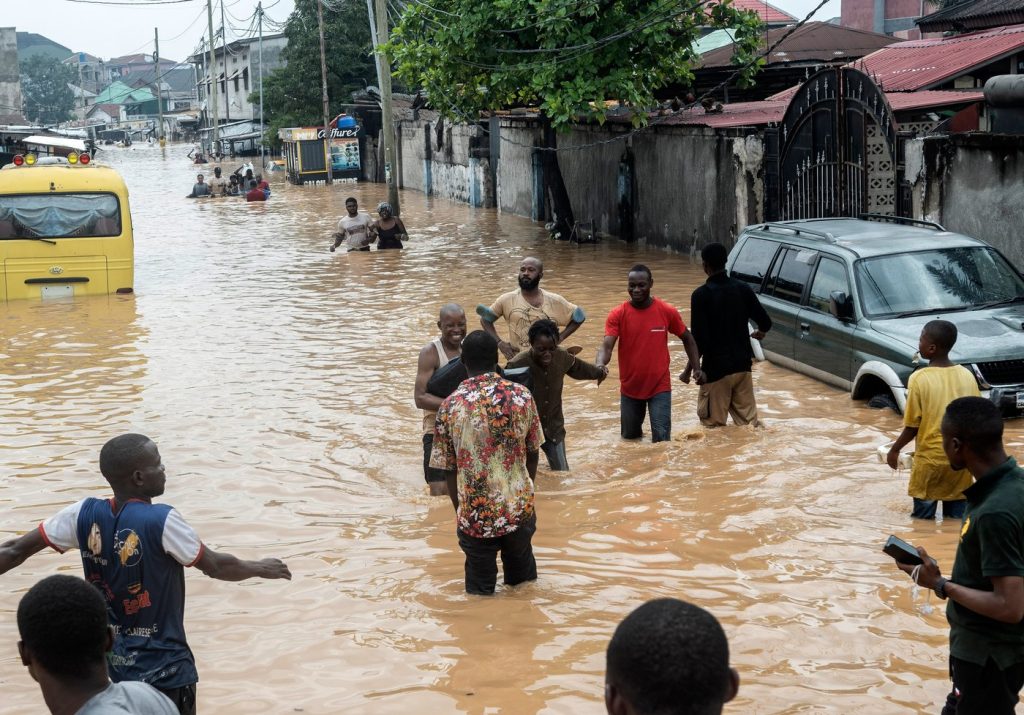BUKAVU, Congo (AP) – Heavy flooding triggered by torrential rains in eastern Congo has devastated several villages along the shores of Lake Tanganyika, leading to at least 62 confirmed deaths and around 50 individuals reported missing, according to local authorities on Saturday.
Witnesses recounted the terrifying scene as the floods struck at approximately 5 a.m. on Friday, overwhelming the village of Kasaba located on the edge of the lake in the Ngandja sector. The sudden surge of water caused extensive destruction, displacing residents and erasing entire neighborhoods.
The provincial health minister of South Kivu, Théophile Walulika Muzaliwa, reported via phone that ongoing rescue operations have faced significant challenges. The severe flooding has disrupted local services and resulted in a complete shutdown of telephone lines, complicating communication and coordination efforts among rescuers.
Currently, local governance is being represented on the ground by sector chiefs, village chiefs, and locality chiefs, all of whom are actively involved in the rescue operations. The only humanitarian organization present at the scene is the Red Cross, as search efforts continue to locate missing individuals and recover bodies. However, an accurate assessment of the situation remains elusive due to the ongoing search and rescue operations.
In a related incident just last month, flooding in the capital city, Kinshasa, resulted in the tragic loss of 33 lives. These recurrent flooding events underline the vulnerability of various regions in Congo to severe weather conditions, which are exacerbated by a history of infrastructural challenges.
The situation in eastern Congo has been further complicated by decades of conflict, where clashes between government troops and various rebel groups have escalated notably since February. This ongoing violence has contributed to what has been described as one of the world’s largest humanitarian crises, with the effects of natural disasters compounding the suffering of local communities already facing dire circumstances.
The flooding disaster in eastern Congo highlights the urgent need for effective disaster response mechanisms and improved infrastructure to protect vulnerable regions. As the rescue efforts proceed, continued attention from national and international bodies will be crucial for addressing both the immediate aftermath of this catastrophic event and the broader issues facing the region.












